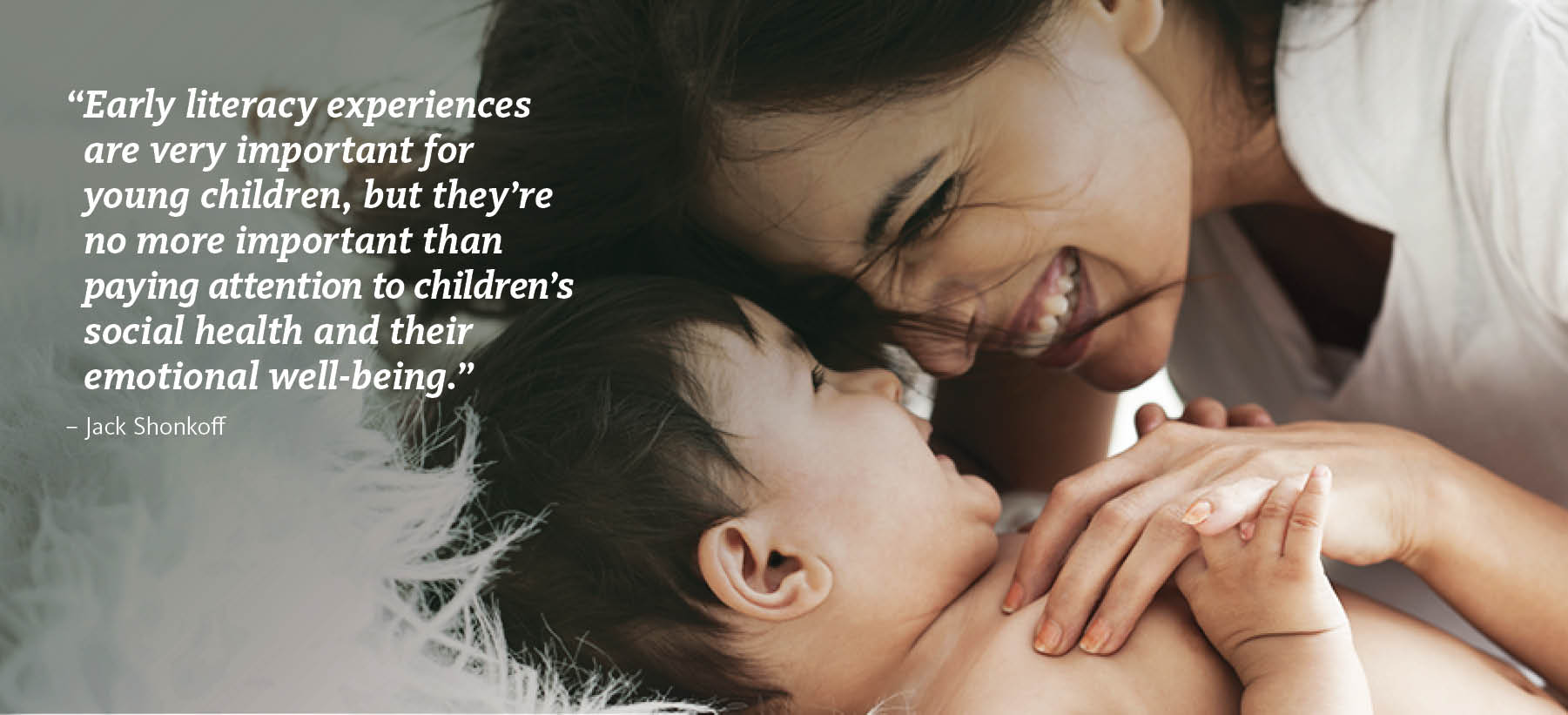

Prenatal and early child development provides a springboard for people born into poverty to find a path toward success. You want to alleviate poverty? Start early.
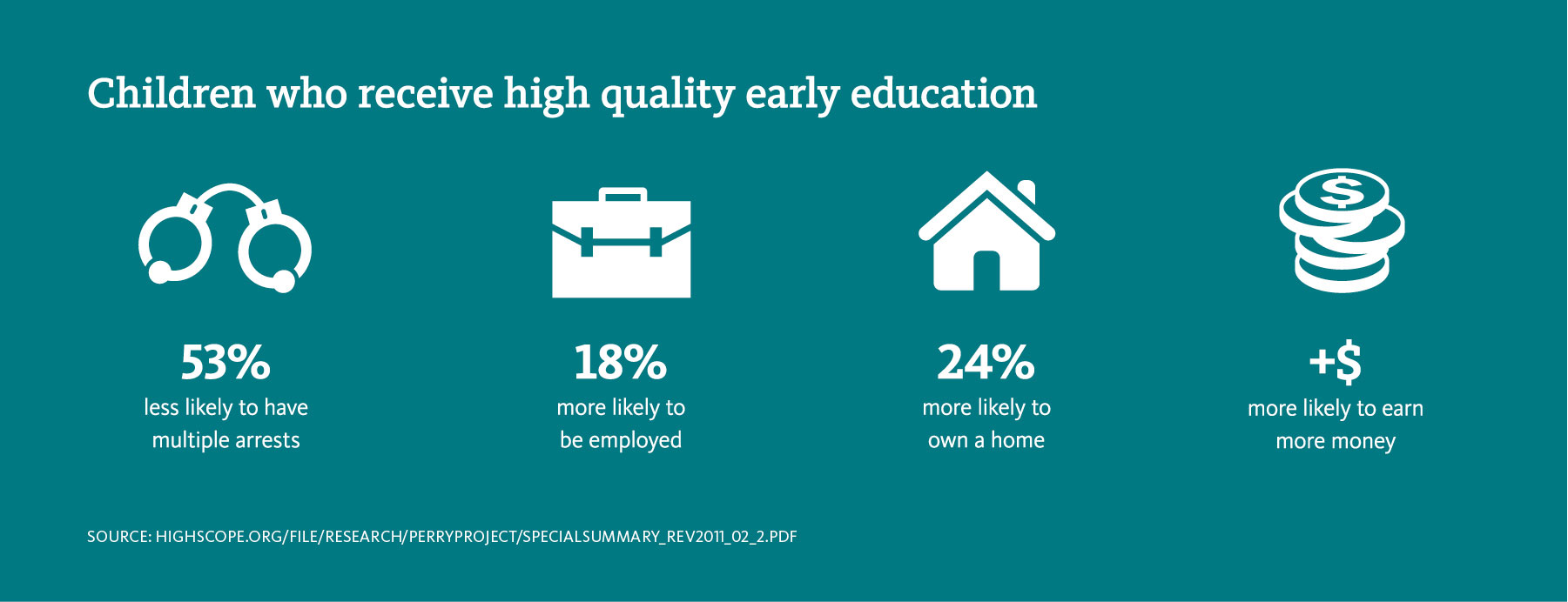
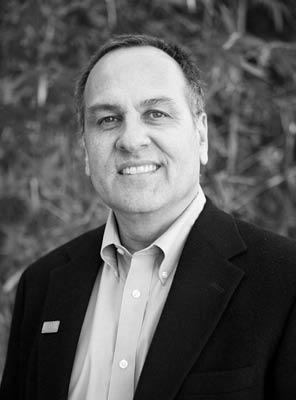
Alex Morales is the former President and CEO of Children’s Bureau, a leading nonprofit focused on prevention and treatment of child abuse in Los Angeles and Orange counties for more than a century. Since 1988, Mr. Morales has helped Children’s Bureau grow from five to 22 sites and from an annual budget of $6.6 million to $20 million, while increasing services to infants, toddlers and preschoolers through family resource centers, nutrition education and school readiness programs. Mr. Morales led a $22-million campaign to build Magnolia Place in South Los Angeles as a neighborhood‐based family support model with the goals of safe and nurturing parents, kindergarten readiness, good health and economic stability.
What’s the relationship between our biggest social crises and the early years?
It seems that almost all the social ills that our organization and lots of other people care about have their roots in the fundamental part of the early years. Issues such as teen pregnancy, school dropout rates, juvenile dependency, substance abuse, gang issues, homelessness, or even why there was a tragedy such as Columbine—whatever it is—these social ills can be traced back to early childhood. That is the best time to intervene and do something.
If we don’t, later on we can deal with the symptoms but it is harder and more expensive. It all connects to how the child is being nurtured and how the parents are being prepared to help them. For example, our organization is concerned about child abuse, but how you were raised impacts the way your own body handles cortisol as an adult. That impacts, in turn, how you are parenting your children. It can raise the stress levels in the home perpetuating a vicious cycle of abuse and violence. All goes back to the early years.
Why should we be investing in the early years?
Early childhood is both a good investment and a wise strategy. Given the kind of political climate we are likely to see for the next generation—limited government money and limited philanthropic dollars—we need to be focused. The early years present a critical point for investment in human capital. That doesn’t mean life stops after the early years, but the benefits and effectiveness of starting early have been well established.
What is society’s role in supporting the early years?
The issue continues to be how to convey an understanding of why we, as a society, need to have a role in supporting the early years and how to be impactful. The struggle is that there’s a belief that the early years are solely the responsibility of the parents. As a society, we need to pitch in and share some of that burden if we want to raise individuals who will become caring and productive adults (and maybe new parents themselves someday). That is very foundational to how somebody is going to become a productive part of the labor force, a contributor to our society and a great parent someday caring for the next generation of kids. For all those reasons, improving parenting of young kids is so important. Not just caring for children directly, but helping parents take better care of the children is crucial.
How is prenatal and early child development related to economic and social disparities?
A vast majority of educated families and parents know about what to do in the early years and have known it for a long time. They’ve been playing classical music for decades while their child is in the womb—with or without the science to back it up! These parents spend as much money on high-quality preschools as they do on college. A majority of parents who are not as educated, who are economically poor and stressed, don’t realize how much needs to be done and what needs to be done in the early years. They think they’re doing an okay job and the school’s letting them down, instead of realizing how unprepared their child is when he arrives at school because of what’s happened (or did not happen) at home. We need to find a way to help without calling them lousy parents. We need to find a way that helps parents see what needs to be done. We need simple tools people can understand and use.
People are told to use a pedometer to ensure they take 10,000 steps every day in order to stay fit. How about a “word pedometer” for parents? Let’s tell parents they need to speak with their infant or toddler a certain number of words per day. There are all these barriers in people’s minds. Parents will tell you: “I don’t speak English!” Someone needs to tell them that it’s ok! “Talk in Spanish!” All parents need some really positive communication, encouraging messages and tangible know-how.
Why is it important for our policymakers to be interested in the early years?
We, as a society, need to have a role in supporting the early years and we need to articulate that to be impactful. For agencies such as ours, public support is not always easy, because there’s a belief that the early years are the responsibility of parents and not government. So it’s hard. People want to know: Why should government become a huge investor with public funds? We invested in public education and that starts with kindergarten and, yes, maybe we should have universal preschool, and maybe we should look even earlier because by preschool, it can already be late for underserved children and their families.
When somebody in a position of power, such as Governor Brown says: “Hey, I didn’t go to preschool and I turned out great!” that is not helping the children for whom preschool would make the biggest difference. We need to work together to help the government see why it has such an important role and how it can save huge public expenses down the line by investing early. Government needs to figure out how to do things to help parents, not replace them.
We need to help government see why it makes sense for it to have an investment in this. The best thing we can do in the early years is help strengthen the parents’ ability to help their kids. Parents that need the most support are poor; they are not nurturing; they don’t read enough; they are stressed. Why don’t we have a full-day preschool earlier and earlier? We don’t need to replace the parents. The policymakers need to understand how to invest in parents, to help parents do a terrific job.
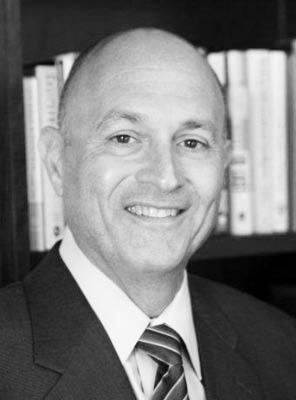
Fred Ali is the former President and Chief Executive Officer of the Weingart Foundation, a private foundation that supports nonprofit organizations in more effectively addressing the needs of low-income and underserved individuals and communities in Southern California. Prior to his appointment to the Foundation in 1999, Fred held senior leadership positions with non-profit organizations, educational institutions and government agencies.
Fred currently chairs the Board of Advisors for the Center on Philanthropy and Public Policy at the Price School of Public Policy, University of Southern California. He also sits on the Board of Grantmakers for Effective Organizations. Fred also serves as a Senior Fellow at the UCLA Luskin School of Public Affairs. He is a frequent speaker on issues and trends affecting nonprofit and philanthropic organizations.
How do we address increasing inequality?
There has been a dramatic increase in the press about the growing inequality in income and opportunity. Investing in early childhood development is a way to address increasing inequality. There’s too much facile coverage of the data that points to the inequality and not enough on how to address it. People get tired and turned off by stories that simply talk about the problem. They are shutting down.
How do we maximize the success of our social investments?
Donors can invest or co-invest in early childhood development in addition to other areas of focus, such as health, education, infrastructure, etc. These complementary investments will have a far greater likelihood of impact and success when their collective impact is tallied.
How do we look at solutions and not at problems?
Americans are relatively unconcerned about the wide income gap between the rich and poor. What’s happening is that the lack of public concern has fed these problems and, in turn, people aren’t getting fed solutions. We need to provide the counter to all of the arguments based on problems and fears. There are real reasons that sit beneath any and all statistics, and that’s why we should concentrate on those connections. When we shine a light on the issues connected to the early years, we need to also offer solutions.
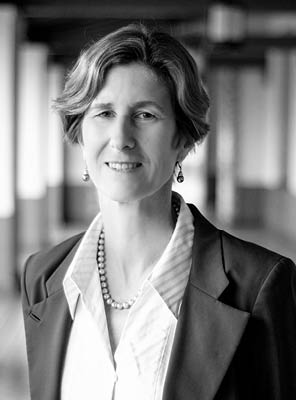
Kim Belshé is Executive Director of First 5 LA. Before she joined First 5 LA in 2012, she was senior policy advisor at the Public Policy Institute of California. From 2003 to 2011, she served as Secretary of the California Health and Human Services Agency. She has held a number of other leadership positions in state government, including Director of the Department of Health Services and Deputy Secretary of the then–Health and Welfare Agency under then-Governor Pete Wilson. She has also worked for the James Irvine Foundation and other California philanthropies. She currently serves on the five-member board of Covered California, the state’s health benefit exchange, and is a member of the Kaiser Commission on Medicaid and the Uninsured.
No matter the interest or cause …
The single biggest message is that no matter what your particular interest or cause, there is a connection to zero to three. If you don’t focus on early childhood development, you will be limiting your ability to be successful in your overarching goal.
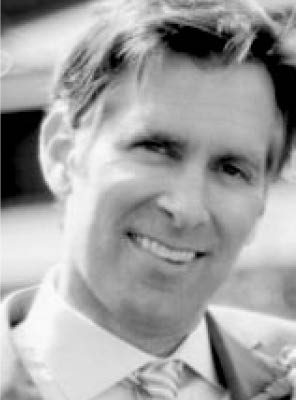
Parker Blackman is a senior executive and strategist with a proven track record of scaling start-up efforts and managing organizational change and growth. He has worked in the early childhood health and education space for over a decade. While serving as Chief Operating Officer and West Coast Managing Director at Fenton, the largest public interest communications firm in the nation, Blackman helped the LA Partnership establish its original vision, mission and goals, and created the strategy for LA’s first ever Baby Futures Summit. Blackman has worked with many non-profits and foundations in the early childhood development field, including The Atlas Family Foundation, First 5 LA, Playworks and The Robert Wood Johnson Foundation.
Where should we start?
Begin at the beginning. That’s where you get your greatest return on investment. It comes down to providing families with an array of resources they need for their children to get a healthy start in the first three years of life.
What if early childhood is not your flagship issue or passion?
If you invest in the beginning, you get a better return later in life. No matter what you care about—arts and education, getting kids off drugs or out of the juvenile justice system, or helping kids coming out of the foster care system—you will do better if you diversify and invest in early childhood as a preventative element of your approach to fulfilling your mission.